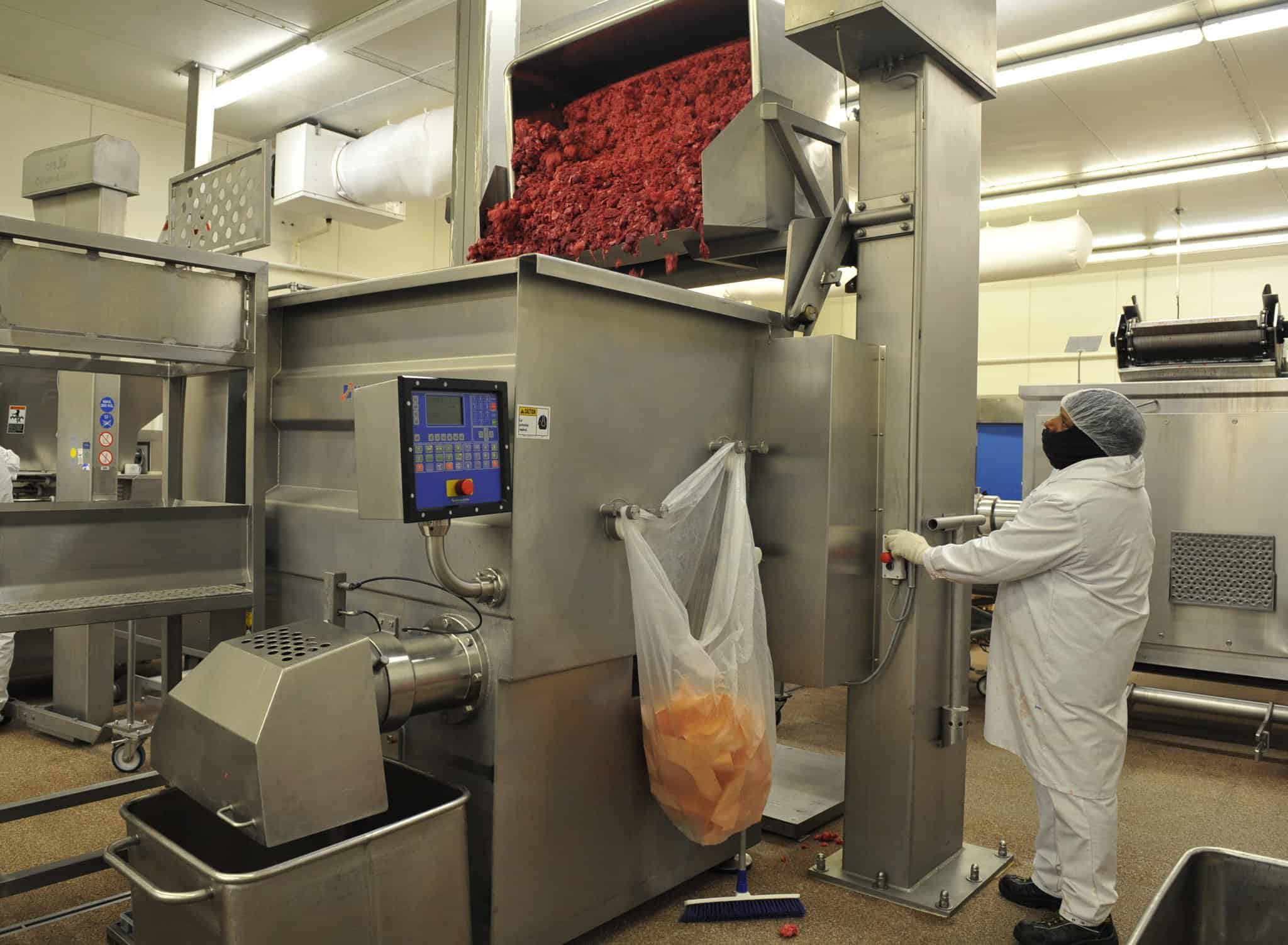Jacob Denz is a student at Harvard Law School
Activists in Northwest Arkansas are protesting Tyson’s failure to protect workers from COVID-19, Facing South chronicles. Protesters marched in April and May at Tyson’s Berry Street poultry processing plant in Springdale and the nearby Chick-N-Quick plant in Rogers demanding that the plants shut down for cleaning and then implement measures to better protect workers. Tyson’s testing across its seven plants in Northwest Arkansas has revealed that about 13% of its workforce had contracted the virus. Family members of Tyson employees who contracted the virus say the company pressured them to return to work quickly, even threatening to deny them hazard pay if they stayed home sick. Poultry processing is an important part of the economy of Northwest Arkansas, and workers in the industry are disproportionately immigrants. Northwest Arkansas’s Marshallese population, which is disproportionately comprised of essential workers, accounts for about half of COVID-19 deaths in the region despite consisting of only three percent of its population. Hispanic workers are also disproportionately represented among both poultry processing workers and COVID-19 cases. Like other meat and poultry processing companies, Tyson benefits from the special solicitude of the Trump administration, which in April issued an executive order declaring the industry essential and preventing state governments from shutting down plants.
In another corner of the food production sector, COVID-19 outbreaks among migrant farmworkers in Michigan account for much of the spread of the virus in rural communities there, Bridge details. Farmworkers are at high risk of infection because of their crowded employer-provided housing and transportation, dependence on their essential work, and language and immigration barriers to health care. The outbreaks among migrant farmworkers in Michigan have occurred across the state in Lapeer, Oceana, and Branch counties. Migrant farmworkers travel to Michigan either directly from their home countries, primarily Mexico, or after working in other U.S. states such as Texas, Florida, Georgia, or New Jersey. Michigan Governor Gretchen Whitmer has issued an executive order requiring social distancing at farmworker housing, but this simply isn’t feasible given the number of workers in question relative to the size and layout of the employer-provided housing. As an alternative, Governor Whitmer’s order suggested requiring farmworkers to sleep head-to-toe. Many farmworkers depend on their work for both money and their legal status in the United States.
In response to outbreaks like these among farmworkers nationwide, about 50 workers at Primex Farms, a pistachio farm in Wasco, California, are on strike, the LA Times reports. The workers’ demands include face masks, gloves, and transparency about the extent of a recently reported outbreak among dozens of their co-workers. According to the United Farm Workers, which is supporting the striking workers but does not officially represent them, the company did not share information about the outbreak, which the workers instead learned about on the news. Primex operates thousands of acres of pistachio and other nut orchards across California. The strike may already have won some improvements: Primex closed its farm this weekend to clean and has hired a mobile testing facility to offer free testing to all its workers on Monday.
But U.S. employers are also keen to exploit the opportunity COVID-19 presents to weaken workers’ ability to unionize and make similar gains through collective action in the future. The Guardian explains how the pandemic has boosted the efforts of many union-busting employers. New union elections have stalled after the NLRB froze pending elections, delaying 116 of them. Social distancing requirements have made person-to-person organizing more difficult among both essential and non-essential workers, a challenge encountered by the Communication Workers of America in its recent attempt to unionize a T-Mobile store in Del Rio, Texas. Similarly, Mission Hospital in Asheville, North Carolina has taken advantage of the pandemic to frustrate unionization there, opposing a mail-in union election and instead demanding that the election be delayed until after the pandemic. Some unionization drives, however, have overcome these tactics during the pandemic. For example, the workers at Hearthside Food Solutions, the largest private bakery in the United States, located in Byhalia, Mississippi, won their in-person union election after the company opposed the originally planned mail-in election.






Daily News & Commentary
Start your day with our roundup of the latest labor developments. See all
December 11
In today’s News and Commentary, Biden’s NLRB pick heads to Senate vote, DOL settles a farmworker lawsuit, and a federal judge blocks Albertsons-Kroger merger. Democrats have moved to expedite re-confirmation proceedings for NLRB Chair Lauren McFerran, which would grant her another five years on the Board. If the Democrats succeed in finding 50 Senate votes […]
December 10
In today’s News and Commentary, advocacy groups lay out demands for Lori Chavez-DeRemer at DOL, a German union leader calls for ending the country’s debt brake, Teamsters give Amazon a deadline to agree to bargaining dates, and graduates of coding bootcamps face a labor market reshaped by the rise of AI. Worker advocacy groups have […]
December 9
Teamsters file charges against Costco; a sanitation contractor is fined child labor law violations, and workers give VW an ultimatum ahead of the latest negotiation attempts
December 8
Massachusetts rideshare drivers prepare to unionize; Starbucks and Nestlé supply chains use child labor, report says.
December 6
In today’s news and commentary, DOL attempts to abolish subminimum wage for workers with disabilities, AFGE reaches remote work agreement with SSA, and George Washington University resident doctors vote to strike. This week, the Department of Labor proposed a rule to abolish the Fair Labor Standards Act’s Section 14(c) program, which allows employers to pay […]
December 4
South Korea’s largest labor union began a general strike calling for the President’s removal, a Wisconsin judge reinstated bargaining rights for the state’s public sector workers, and the NLRB issued another ruling against Starbucks for anti-union practices.